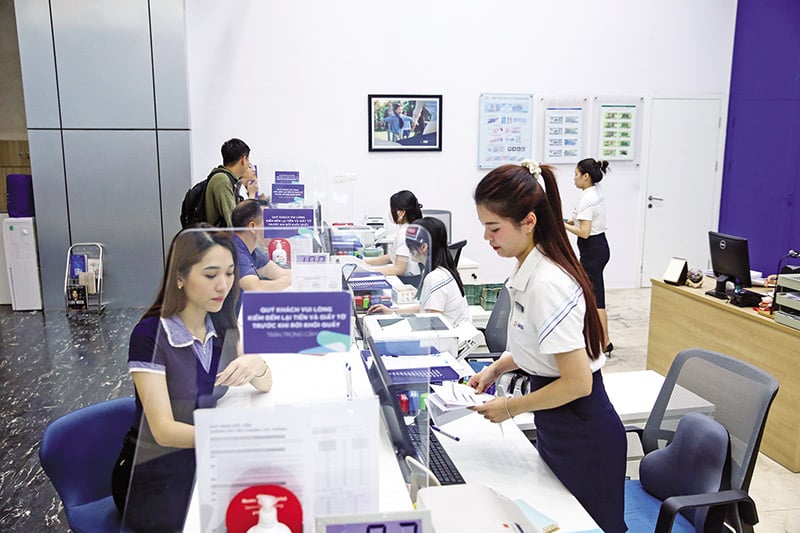 |
| The Government still aims to continue reducing lending interest rates in the coming time. Photo: Duc Thanh |
Interest rates rise, home buyers begin to feel the pressure
Ms. Dang Thuy Duong, a customer of V. Bank, said that over the past month, the interest rate for her home loan has increased twice. Accordingly, since last week, the floating interest rate applied by the bank to her loan is 14.4%/year, an increase of 2% compared to the interest rate applied in September 2025 (12.4%/year).
The increase in lending interest rates is understandable when the mobilization interest rate level has been increasing quite rapidly in recent months. Except for the group of big 4 banks ( Agribank , BIDV, VietinBank, Vietcombank) which are maintaining the mobilization interest rate level at a low level (2.9% - 3.5%/year for 6-month term and 4.6% - 4.7%/year for 12-month term), private commercial banks are pushing up interest rates very quickly and with a strong difference with the group of state-owned banks.
Accordingly, the 6-month deposit interest rate in the group of private commercial banks has mostly exceeded 6%/year. For large deposits, the 6-month deposit interest rate is offered up to 6.9%/year.
In particular, in the context of mobilization interest rates being controlled by the State Bank, many banks have joined hands with third parties to launch products such as deposit certificates, loan contracts, etc. Accordingly, the interest rate for 3-month term is up to 6%/year, for 6-month term is 7.6%/year.
The State Bank said that by September 30, 2025, the average lending interest rate for new transactions of commercial banks will be 6.54%/year, down 0.4%/year compared to the end of 2024. However, according to home buyers' feedback, the interest rate of 6-7%/year is only applied during the initial preferential period, mainly due to banks "attracting customers" or investors supporting interest rates. After the preferential period, the floating interest rate is commonly at 12-14%/year, putting great pressure on borrowers.
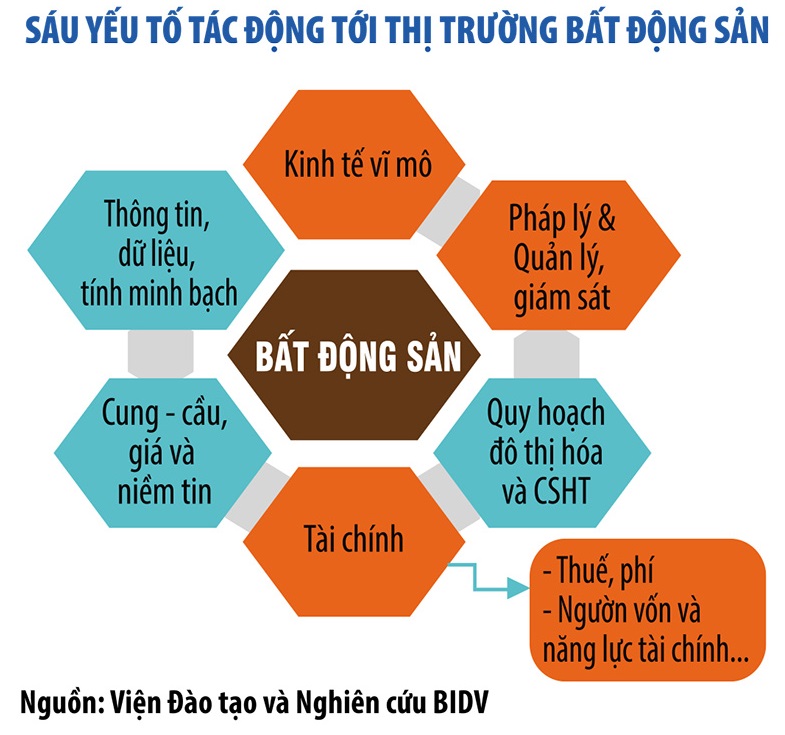 |
Homebuyers need to manage risk
In a question-and-answer report sent to the National Assembly, State Bank Governor Nguyen Thi Hong admitted that interest rates are under a lot of pressure, mainly due to reasons such as lending interest rates tending to decrease sharply in recent times; world interest rates tending to decrease, but the interest rates of the US Federal Reserve (Fed) remain high and the global financial market is unpredictable under the impact of US tariff policies.
In addition, there is also the reason that the demand for credit capital for production, business and consumption is expected to increase, while capital mobilization of the entire credit institution system may be affected and compete with other investment channels.
The review report of the National Assembly's Economic and Financial Committee also warned of risks to macroeconomic stability, especially risks in the capital and real estate markets. Accordingly, with the current structure of the capital market and interest rates, continuing to loosen monetary policy is a challenge; the real estate market needs to be properly assessed.
In the last months of 2025 and 2026, the Government still aims to continue reducing lending rates, but this target is very challenging. The latest statistics from the State Bank show that deposits flowing into the banking system are slowing down. Pressure on bank capital will continue to increase along with the credit growth rate at the end of the year.
Once interest rates rise, real estate is one of the first sectors to be affected, especially speculative real estate loans.
Dr. Can Van Luc, Chief Economist of BIDV, said that by the end of the third quarter of 2025, real estate credit increased by 19%, but mainly flowed into the investment and business segment, home loans increased by only 14%. This shows that speculative cash flow has not been controlled.
According to experts, real estate prices will increase sharply in the period of 2024-2025 partly due to cheap money that has stimulated real estate investment, and the leverage ratio of investors has increased. When lending rates increase, those with high leverage ratios will be at risk, so in this period, capital management is a vital factor.
Not only for investors, Dr. Can Van Luc said that for businesses, restructuring cash flow and maturing debt is also a matter of survival today. Currently, the real estate market is almost entirely dependent on bank credit, which poses many risks. Therefore, diversifying capital sources for the real estate market is very urgent. In addition, Vietnam needs to establish a National Housing Fund to support long-term capital for the social housing and affordable housing segments.
According to experts, once capital flows are directed in the right direction and less dependent on credit, the real estate market will have fewer hot and cold fevers and develop more sustainably.
Source: https://baodautu.vn/lai-vay-tha-noi-tang-canh-bao-rui-ro-voi-nguoi-mua-nha-d418157.html


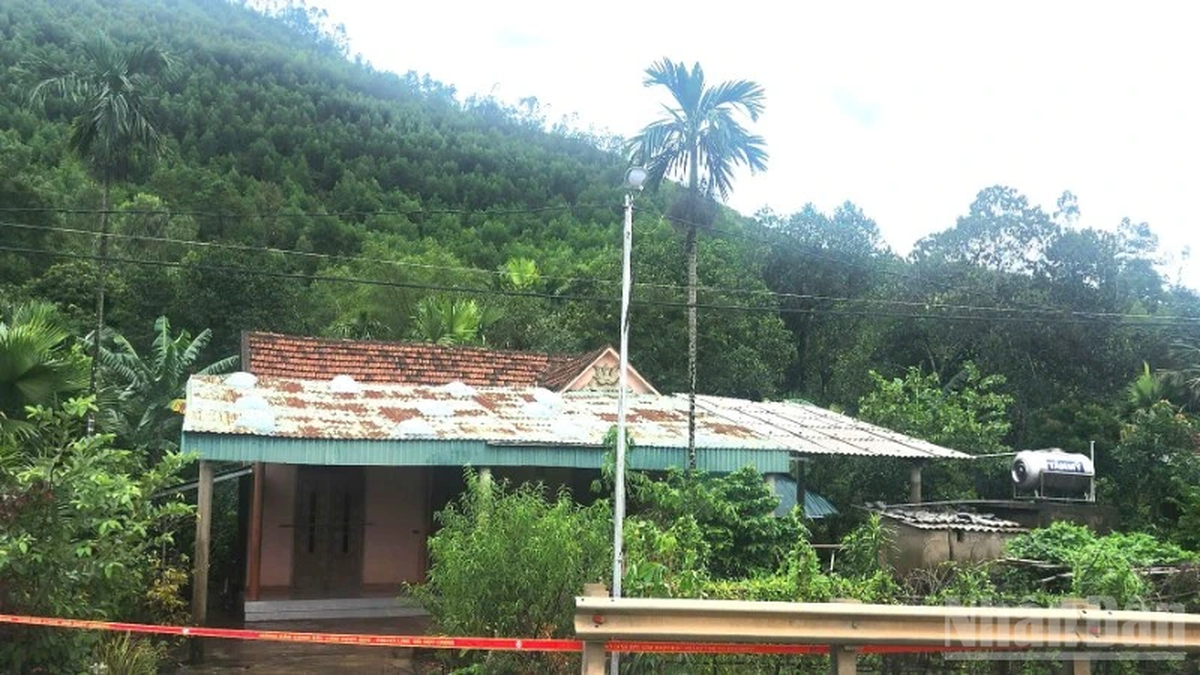
![[Photo] The Third Patriotic Emulation Congress of the Central Internal Affairs Commission](https://vphoto.vietnam.vn/thumb/1200x675/vietnam/resource/IMAGE/2025/10/30/1761831176178_dh-thi-dua-yeu-nuoc-5076-2710-jpg.webp)
![[Photo] National Assembly Chairman Tran Thanh Man receives foreign ambassadors who came to say goodbye](https://vphoto.vietnam.vn/thumb/1200x675/vietnam/resource/IMAGE/2025/10/30/1761820977744_ndo_br_1-jpg.webp)
![[Photo] General Secretary To Lam attends the Vietnam-UK High-Level Economic Conference](https://vphoto.vietnam.vn/thumb/1200x675/vietnam/resource/IMAGE/2025/10/30/1761825773922_anh-1-3371-jpg.webp)
![[Photo] General Secretary To Lam meets former British Prime Minister Tony Blair](https://vphoto.vietnam.vn/thumb/1200x675/vietnam/resource/IMAGE/2025/10/30/1761821573624_tbt-tl1-jpg.webp)
![[Photo] Touching scene of thousands of people saving the embankment from the raging water](https://vphoto.vietnam.vn/thumb/1200x675/vietnam/resource/IMAGE/2025/10/30/1761825173837_ndo_br_ho-de-3-jpg.webp)
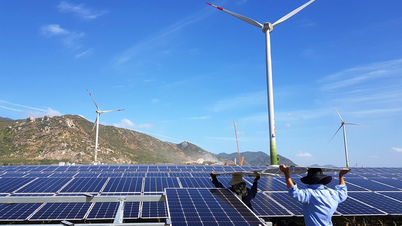






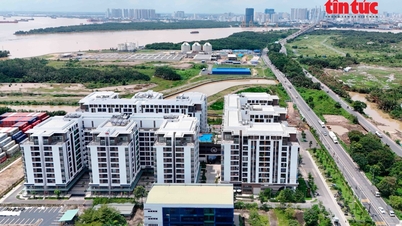

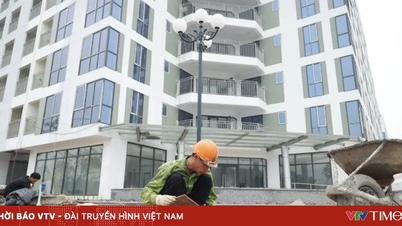
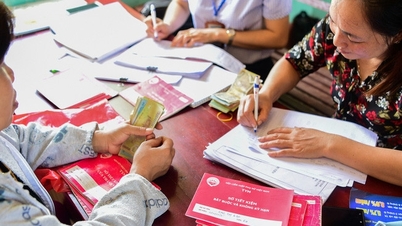





















































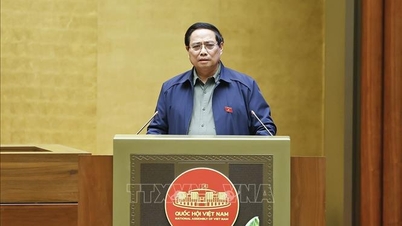


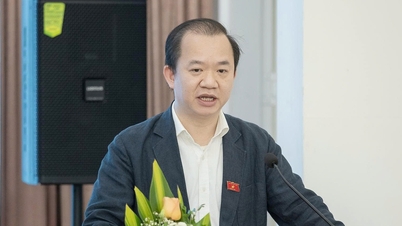






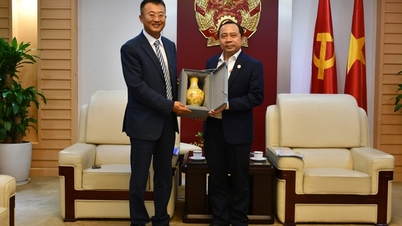

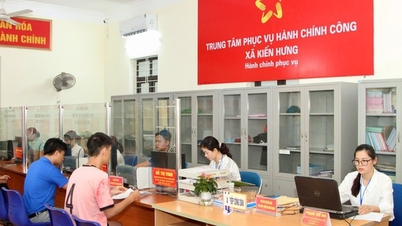
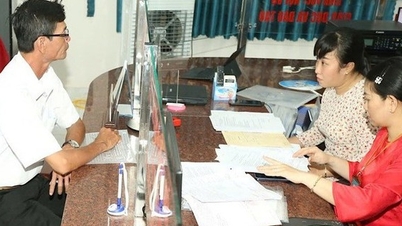
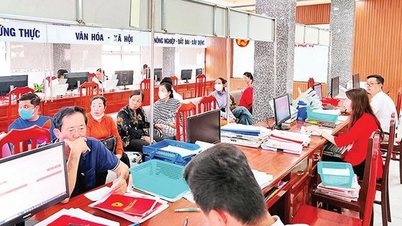

























Comment (0)